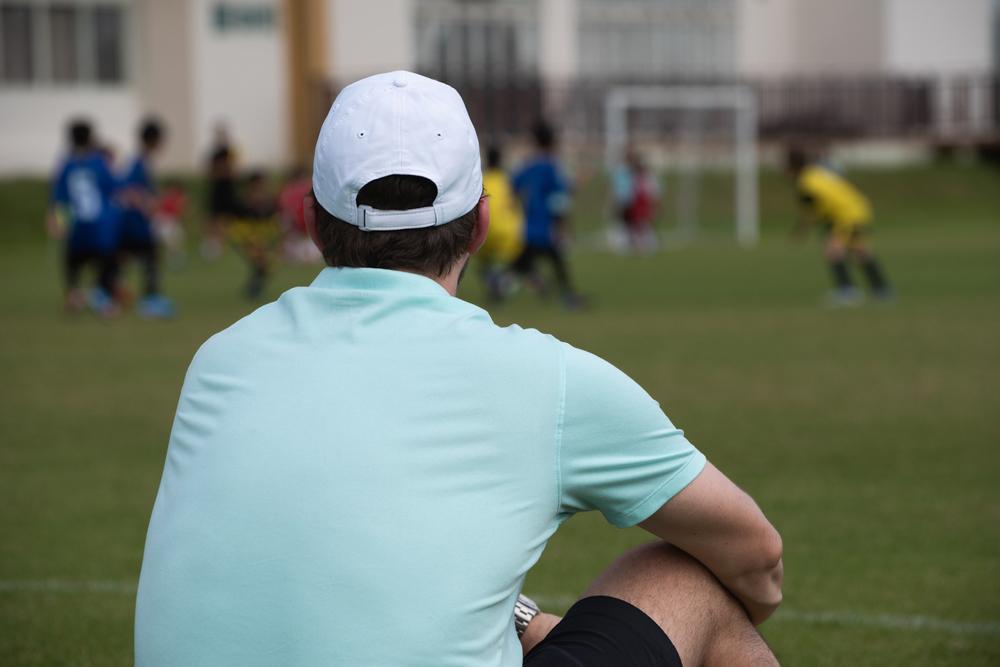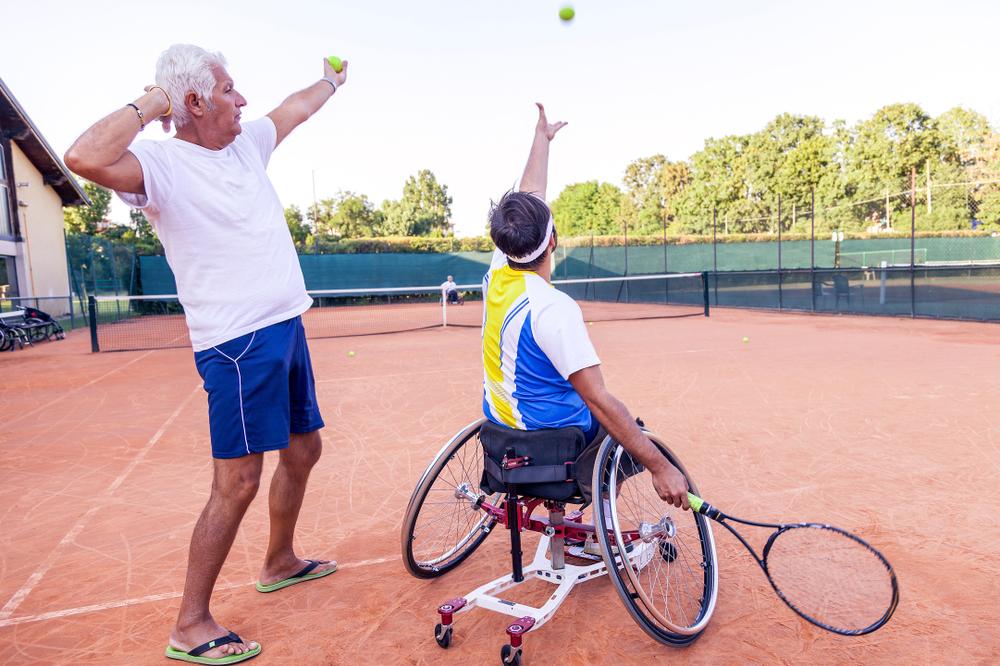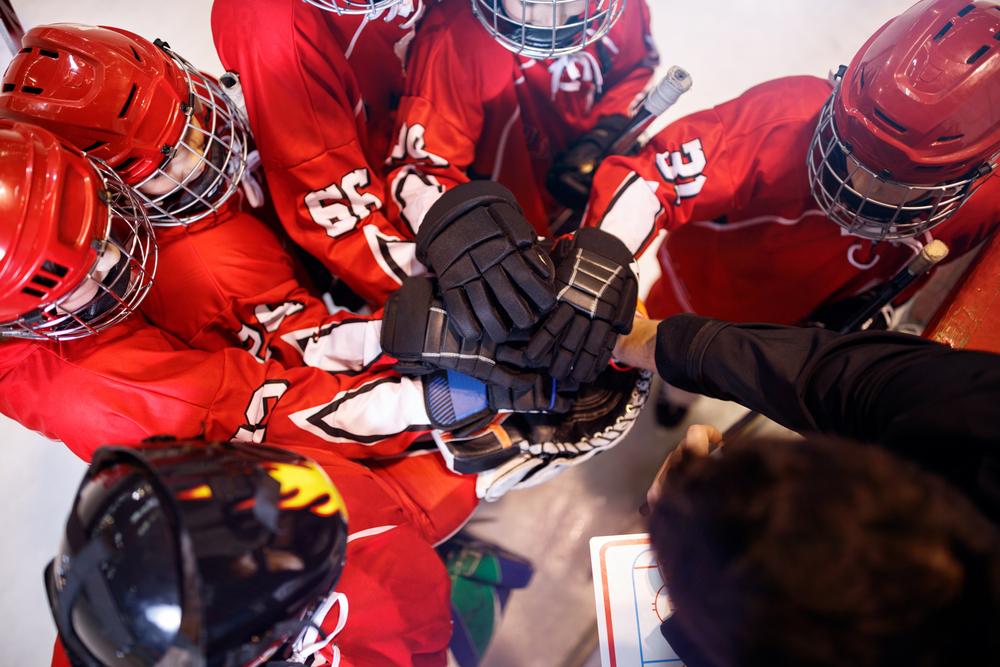 Youth sports are a great place to teach athletes about teamwork, but sometimes it’s your own child who doesn’t seem to ‘get’ it and isn’t a team player.
Youth sports are a great place to teach athletes about teamwork, but sometimes it’s your own child who doesn’t seem to ‘get’ it and isn’t a team player.
Many young athletes more talented than their peers can want to take control instead of sharing the responsibility that comes with being a great teammate. But instead of treating the situation as a shortcoming or like your athlete is doing something wrong, turn it into a positive lesson about leadership and the importance of teamwork.
Just like with improving the skills needed for their sport, there are steps you can take to improve your athlete’s ability to be a team player.
1) Explain the Bigger Picture
Athletes may hear the importance of teamwork preached to them all the time, but usually no one has bothered to explain to them exactly ‘why’ it’s so important.
Most team sports offer analogies that make teaching teamwork easy to understand, such as hitting a sacrifice fly, linemen working together to create a gap for a running back, or passing the ball to an open teammate under the basket instead of taking a long jumper.
Take time to explain to your athlete (with the coach’s help if needed) that every person on a team, from the captain to the benchwarmers, has a specific role. When everyone focuses on doing their role (even if it’s just ‘always pass to the best scorer’), the team’s chances of winning become much higher. If you have the opportunity to watch collegiate or professional sports with your child in person or on TV, point out specific instances of this role-focused teamwork to your athlete.
2) Teach Emotional Intelligence
Every youth athlete has probably been on a team that just never clicks and goes through an entire season winning few—if any—games. The athlete’s attitudes (as well the coaches’ and parents’) truly sets the tone for a season like this and reinforces the importance of teammates learning how to pick each other up during tough times.
After a tough loss, explain that losing happens to everyone but also encourage your athlete to reflect on how it feels when the team starts blaming each other in a loss compared to when everyone stays supportive of one another. It might sound cheesy, but big defeats are the perfect time to develop resilient teamwork that will eventually form a winning team.
3) Reframe the Goal
In our highlight-driven sports culture, it’s natural for every youth athlete to dream of being the star and the leader. However in most sports there’s simply not enough room on a team for more than one player to take on this role.
If your athlete feels left out of the limelight, reframe this situation in your athlete’s mind by explaining that if they focus on making the others on their team—including the star—look good, they’ll in turn make both the whole team and themselves better through teamwork. Players with this counterintuitive mindset are rare at a young age, and adopting one like it will make them stand out amongst their peers.
4) Help Them Understand It’s Not The End
For competitive youth athletes that have dreams of playing at the collegiate level or beyond, playing on a poor high school or select team can feel like a death knell to their athletic careers. As a result, they’ll sometimes try and do too much by putting the entire team on their back, hurting both the team’s chemistry as well as their own reputation in the eyes of scouts.
But if your athlete is truly talented, their individual skills will stand out on anyway. Explain that being on a below-average team is actually a great opportunity to showcase not only their individual talents, but also their ability to play on a team. Despite the level of talent they might have, prospective coaches won’t be as interested if it’s clear the athlete is putting ‘me before we’ most of the time.
If your athlete can be a great teammate on a poor team, they’ll probably be a great teammate on a better one, too.



